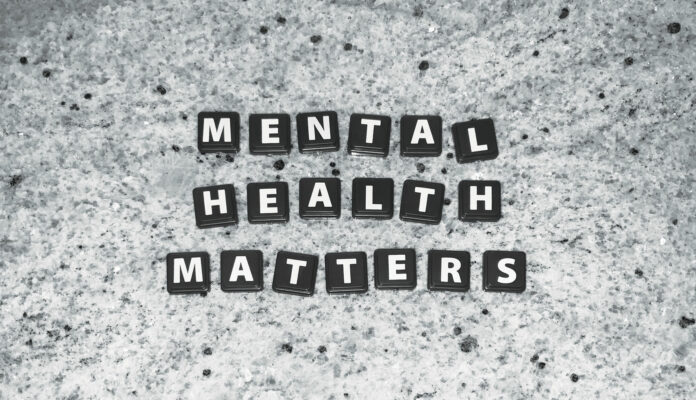
Millions of Americans are affected by mental health conditions every year. According to the National Alliance on Mental Illness, approximately 1 in 5 adults in the U.S.—43.8 million, or 21%—experiences mental illness in a given year; and we know this is increasingly an issue with America’s youth.
As we head into Mental Health Awareness month in May, these numbers are powerful tools for raising public awareness, stigma-busting and advocating for better health care.
It is important to know that no one is alone. Below are four ways you can help raise awareness for mental health.
Talk About Mental Health More Openly
Talk to those around you about how they are feeling, and take the time to truly listen. The more open you are in talking about your struggles, the easier the path to recovery can be—for you and others in your life. Check in regularly, especially if you know they are under stress or dealing with a mental illness.
Know the Warning Signs and Symptoms of Mental Illnesses
Many people who struggle with mental illness don’t ask for help because there is, unfortunately, still a stigma around mental health.
Understanding the causes, symptoms and treatments available for mental health diseases like depression, anxiety and bipolar disorder can help prepare you to discuss these issues in a supportive manner.
Diagnosing mental illness isn’t a straightforward science. Each condition has its own set of unique symptoms, though symptoms often overlap.
Possible warning signs of a developing mental illness include:
- Mood changes
- Antisocial behavior
- Changes in sleep and eating patterns
- Constant sadness
If you notice these symptoms in a loved one, talk to them about what they are feeling and encourage them to get professional help. If you are feeling these changes, know that you aren’t alone and reach out to a trusted friend, family member or mental health professional.
Practice Kindness and Empathy
For too long, words like “crazy” or “insane” have been used to describe people with a serious mental illness. More than anything, those struggling with their mental health need support, empathy and kindness—not judgment.
It’s important to teach children and teens to be respectful of their peers and people who don’t behave the same way they do or may be struggling with their mental health. It’s also important that as adults we model kindness and compassion in our behaviors as well.
Share Resources With Your Loved Ones
Remember that everyone needs a little help sometimes. Whether for yourself, for your child, or a loved one, there are seasons where it’s best to seek outside help. Having access to resources and services is crucial to making sure you or someone you know can get help when they need it.
At TherapyWorks we have therapists readily available Monday through Sunday with convenient morning, evenings and weekend availability.
The 988 Suicide and Crisis Lifeline is a United States-based suicide prevention network of over 200-plus crisis centers that provides 24/7 service via a toll-free hotline with the number 9-8-8. It is available to anyone in suicidal crisis or emotional distress. Just call or text 9-8-8.
Maaliea Wilbur, a Licensed Marriage and Family Therapist, is Founder and CEO of TherapyWorks. For more information, visit mytherapyworks.com.











